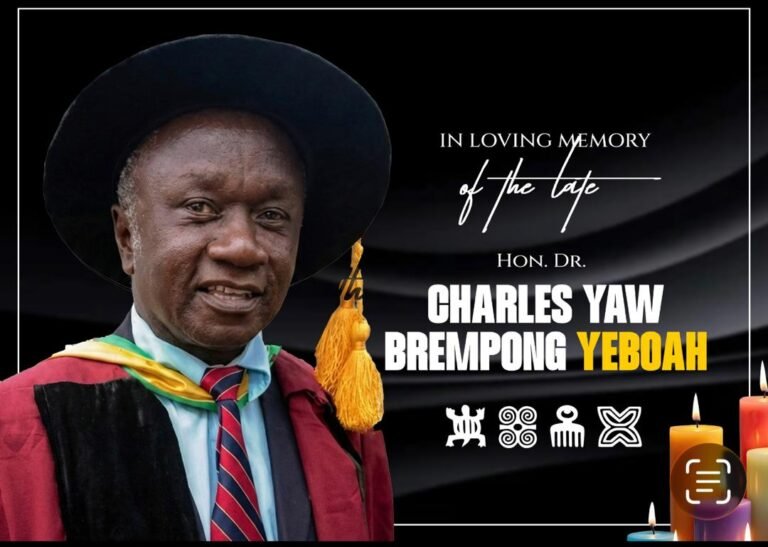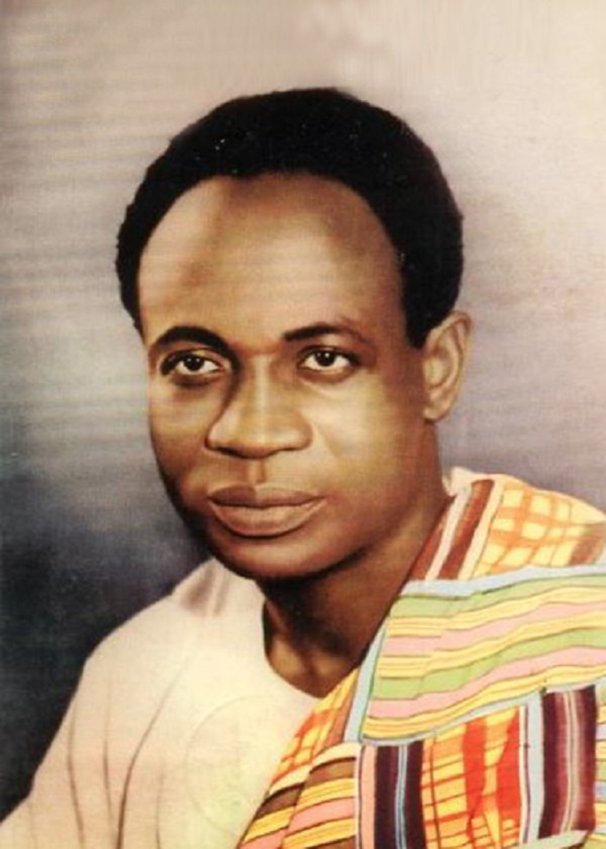
Richard Ahiagbah, NPP Director of Communications

The Director of Communications of the New Patriotic Party (NPP), Richard Ahiagbah, says the Akufo-Addo government should be trusted to work within its budget expenditure and not borrow to engage in activities beyond a healthy threshold.
His comment comes in the wake of the NDC’s blame of the government for worsening economic circumstances of the country through poor handling of the national economy.
Speaking exclusively with the Daily Statesman yesterday, he accused the opposition NDC of engaging in acts of “specialised misinformation on economic data,” saying such mischief is only calculated to mire an otherwise healthy IMF programme, as part of the NDC’s desperate bid to recapture power in the 2024 general elections.
“The NDC is only interested in misinforming Ghanaians on economic data, and consistently drumming it. It is the NDC’s strategy. Unfortunately, it does not cover for their lack of policy ideas. The NPP is making the difficult decisions to restore this economy for the benefit of all Ghanaians. Records point to the fact that from 2017, 2018, 2019, NPP has not borrowed within its government expenditure or budget. Throughout these periods, there was fiscal surplus. The government therefore did not see the need to request supplementary funds for its activities,” he said.
Economic rescue
The NPP Director of Communications further noted that the government had laid a blueprint of bold policies and programmes to revert the economy onto the path of transformational growth and ensure prosperity for all Ghanaians.
“The economy under NDC was on the verge of collapse and a legacy of take-or- pay contracts saddled our economy with annual excess capacity charges of close to $1 billion… We were confronted with a banking crisis that stared at us with deadly stings. Not dealing decisively with the banking crisis would have meant disaster for the economy as the entire banking system would have collapsed,” he said
In his view, the government of President Akufo-Addo has put in much effort to turn things around to elevate the standards of living of the people above what the situation used to be at the time this government was formed in 2017.
“Taking over from the NDC meant we had to do our best also to make things work and work better. NPP proceeded to fix the economy. We made great gains and the records attest to this. Prior to the coronavirus pandemic, which has impacted all economies in the world, we stabilised the economy, and achieved great strides,” he stressed.
He indicated the relatively strong performance of the economy, among other things, led to Ghana becoming the destination of choice for Foreign Direct Investments (FDI) in West Africa, according to the 2019 World Investment Report by UNCTAD.
Mr Ahiagbah added that prudent management of Ghana’s economy under President Akufo-Addo had helped to avert economic disaster, saying “As it is, smart governments the world over are finding solace in home grown tax policies in order to avert economic disaster. Ghana is no exception and the Akufo-Addo administration has been doing a lot to rally Ghanaians around the flag, irrespective of our political differences and help build a better society.”
NDC overspending
He disclosed that in 2012 alone, the NDC administration illegally overspent its budget by GH¢4.8 billion, lamenting that “unfortunately, it is the ordinary people who had to bear the effects of the bad expenditure of the Mahama government during the 2012 tenure”.
He explained that the NDC administration inherited total public debt of $8 billion, equivalent to GH¢9.5 billion, at the beginning of 2009.
“And within four and a half years, this debt escalated to GH¢38.5 billion. On the average, therefore, Ghana under the NDC added GH¢6.4 billion every year to its public debt,” he claimed.
He added that a great chunk of the debt, which was 55 per cent, was from domestic borrowing that went in excess of GH¢7.1 billion from the domestic market, even though it projected to borrow GH¢2.7 billion.
He also revealed that at the end of December 2012, the government was indebted to many state-owned enterprises to the tune of over GH¢3.1 billion.




